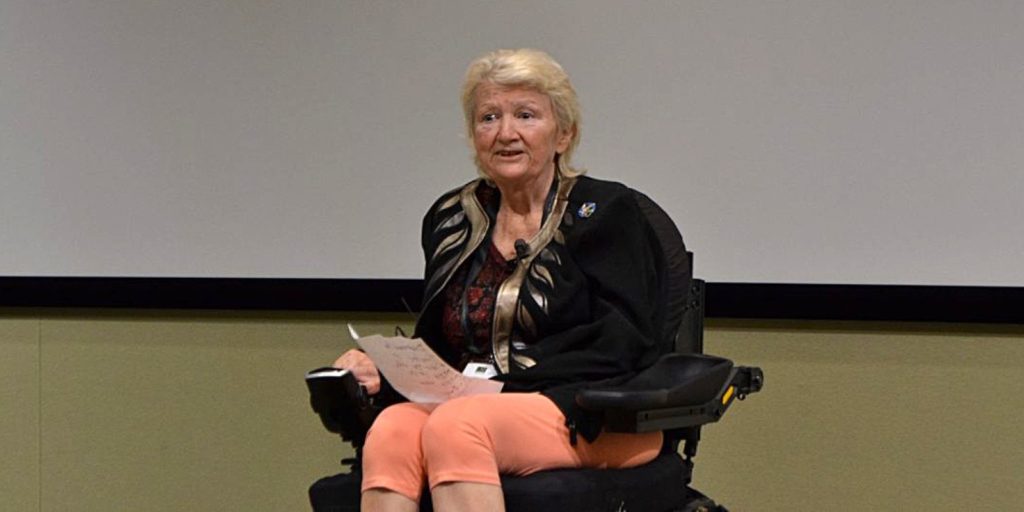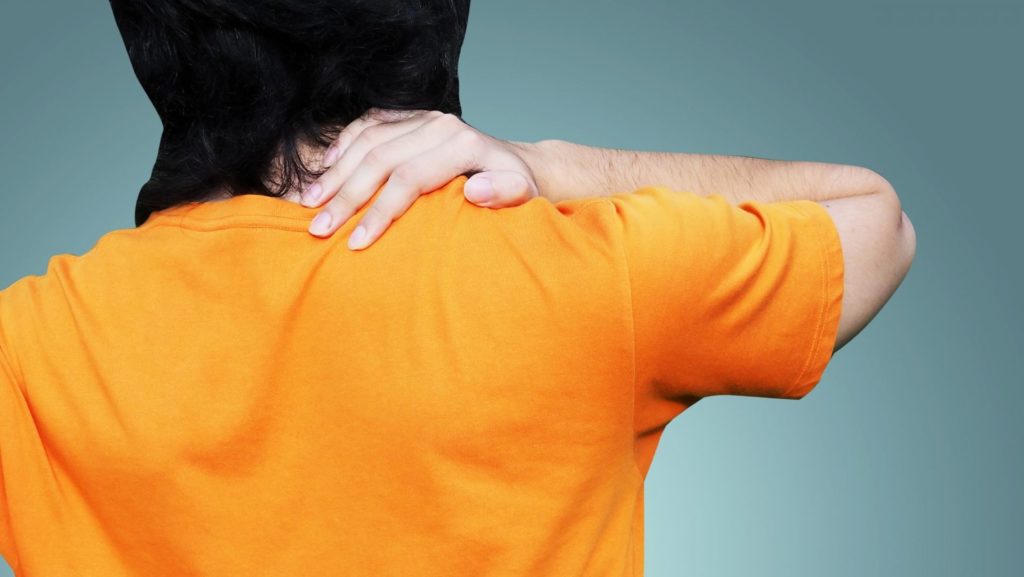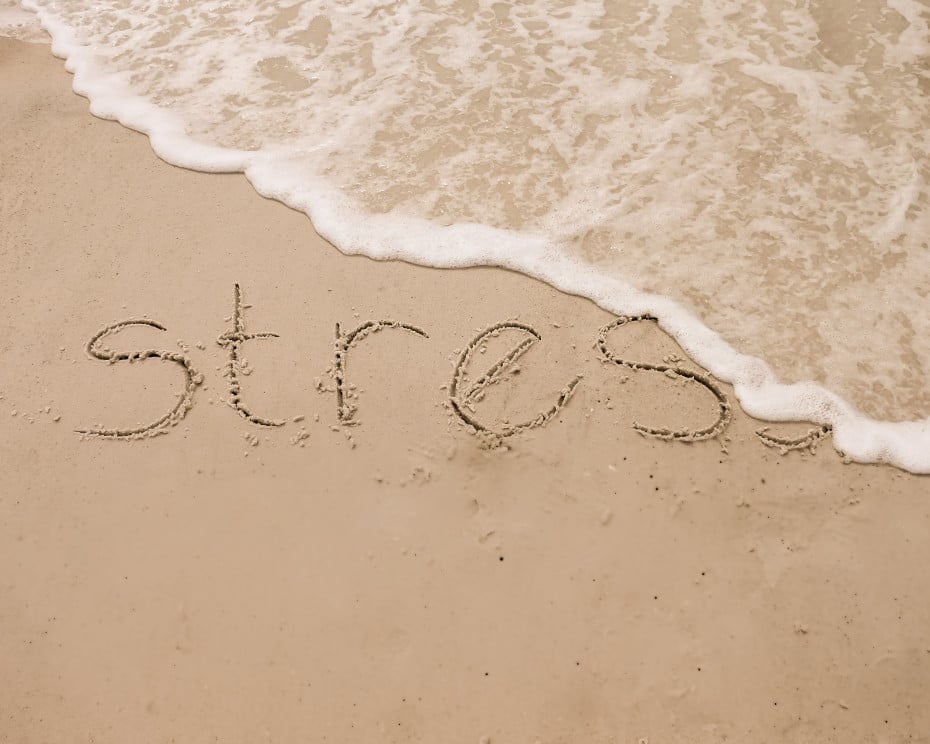Read Time: 4:30 Mins.
This is the story about a remarkable patient with Amyotrophic Lateral Sclerosis (ALS), also known as Lou Gehrig’s Disease, and how cannabis may have a therapeutic benefit for the disease. It affects the nerve cells in the brain and the spinal cord. ALS is rare but devastating, and only about 20,000 cases are diagnosed each year. The progressive death of motor neurons leads to muscle weakness, loss of limb control, breathing, speech, and malnutrition due to the inability to swallow. Most people do not beat the odds of ALS and die from respiratory failure within two to five years of the initial diagnosis. Only 10 percent live for 10 years or more. Cathy Jordan is one of those people, and her resolute journey of fighting for patients’ medical rights is inspiring.
I first heard Cathy tell her story in 2012 at the Seventh National Clinical Conference on Cannabis Therapeutics. This was a conference sponsored by an organization called Patients Out of Time. This group brings together participants in the medical cannabis world from across the spectrum, including patients, clinicians, researchers, cultivators, attorneys, and retail distributors.
Cathy Jordan’s Remarkable Story
Cathy was diagnosed in 1986 by leading ALS doctors who told her she would die within five years. She began smoking a local medicinal cannabis strain in 1989 which she credits with halting the progress of the disease. It’s important to remember that at the time, cannabis was illegal federally and in every state. But she’s beat the odds, and Cathy is now recognized by the ALS Association as one of the longest living ALS patients.
I recently heard Cathy tell her remarkable story again when we both spoke at the Thirteenth National Clinical Conference on Cannabis Therapeutics this past April in Tampa, Florida. Cathy, sitting onstage in a wheelchair and speaking with somewhat slurred speech, told the rapt audience that she smokes 2 joints per day; one in the morning and one in the evening. Someone else has to hold it to her mouth as her neurological dysfunction does not allow her to use her arms. She says that the cannabis is the only thing she’s found that allows her to cough out excess saliva, preventing choking, and she’s sure it is what is keeping her alive.
She explained that if she vaporizes, she gags, which causes choking and that could be fatal to her. Choking is an inherent danger to ALS patients and at some point, most ALS patients start using a feeding tube because they are afraid of choking to death.
Fighting for Medical Marijuana Rights
In 1996, after a disagreeable encounter with an anti-cannabis ALS researcher (which Cathy viewed as a threat), Cathy launched into medical cannabis activism. To attract public attention and make her voice heard, she participated in Journey’s for Justice in Florida and Texas where medical cannabis advocates marched, rolled, and carried signs for hundreds of miles to raise awareness about medical cannabis. This led to numerous television interviews and political actions.
She was also active in the federal courts and Florida state politics. In 2010 Cathy signed on as one of two plaintiffs in the appeal of the DEA’s decision not to reschedule cannabis. In 2013, Florida State Senator Jeff Clemens introduced Senate Bill 1250 named “The Cathy Jordan Medical Cannabis Act.” This was the state’s initial medical marijuana legislation but was never brought up for a vote. In 2016, Floridians voted for Amendment 2 which established the state’s medical marijuana program, passing with 71 percent approval. However, it did not permit smoking as a way to consume, which for Cathy was a potential death sentence.
Due in part to her medical cannabis activism, on March 18, 2019, Florida Governor Ron DeSantis signed SB 186 into law, repealing the ban on smoking medical cannabis. Three Wells recently covered this news which finally allows patients to access full flower cannabis as medicine, which had previously been banned. She is now President of the Florida Cannabis Action Network advocating for medicinal cannabis in Florida as well as empowering patients to “advocate for themselves.” You can learn more on their website and Cathy’s YouTube channel.
Even though she has been smoking medicinal cannabis for 30 years, this is the first time it is legal in Florida for her to do so. During her long and hard-fought journey, Cathy has encountered disbelief, belittling, and outright rejection by many of her doctors. Doctors told her that smoking anything would impair her lung function, and threatened to have her committed because she must be crazy or had dementia.
Medical Cannabis for ALS
Science has finally caught up with Cathy’s innate choices for her health, and our endocannabinoid system (ECS) is thought to be involved in ALS dysfunction. Medical cannabis plays an important role in maintaining a healthy ECS. The first endocannabinoid receptor was discovered in 1988, and study of its vast function in maintaining our body’s homeostasis (balance) and cellular function has been ongoing ever since. Cannabis has shown to have antioxidative, anti-inflammatory, and neuroprotective effects.
In animal studies of an ALS disease model, THC treatment prolonged neuronal cell survival, delayed onset, and slower progression of the disease. “Cannabinoids and/or cannabis may have therapeutic benefit for ALS, as for other neurodegenerative diseases. It may be disease modifying, i.e. slow down the progression of the disease, but minimally it can help with symptom control, such as spasticity, excess salivary secretions, mood management, and appetite.”1 In a survey of 131 patients with ALS, those who were able to obtain cannabis found it preferable to prescription medication in managing their symptoms.2
Most of these references are for THC or THC dominant types of cannabis. In my personal practice, I have seen that CBD or CBD rich cannabis can be effective for some symptoms. One of my patients reported that CBD helped slow the nerve symptoms and gave her more energy. It also lessened the fasciculations in her limbs. Ultimately, I counseled her to add more THC cannabis to her mix to help with fatigue and appetite.
It is due to courageous patients such as Cathy Jordan that medical cannabis advancement in life-threatening illness has persevered. As she said at the conference, “There are ALS patients associations that fight for the right of patients to die with dignity. But what about my right to life? Keeping my medicine illegal removes my right to life.” Those are words that none of us should ever take for granted.
Deborah Malka, M.D., Ph.D., is an Integrative Medicine Physician and a Cannabis Clinical Specialist. She is also the Chief Medical Officer for Three Wells. Dr. Malka is available for consultation, and more information, she can be reached at 831-359-7679.






